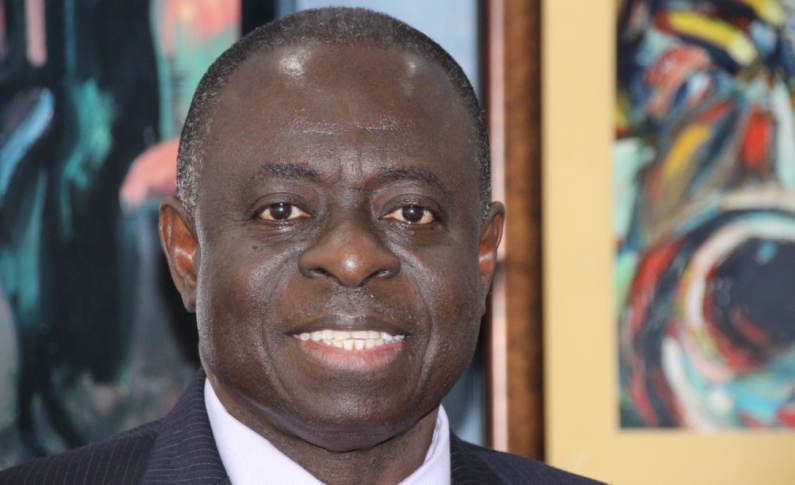

Despite the Trump administration’s announced December 2018 Africa strategy, a significant gap between the lofty blueprint and the concrete actions needed to turn it into reality remains. U.S. interests in the region are being increasingly undermined as China, Russia, and other powers move to fill the policy spaces left vacant by the United States and other Western nations. Admittedly, attention to what has crucial value for African publics may not be a typical priority in the crafting of U.S. foreign policy; however, attention to African preferences and policy priorities should be of heightened attention if the U.S. is serious about successfully countering the $10 billion Chinese soft power initiative and better competing with other global players.
Overall, as AfroBarometer survey data shows, the value preferences of African publics and policy priorities—such as subscription to democratic norms (7 out of 10 Africans in the sample countries express support for democratic governance and government accountability) and desire to see more investment in health and education (health, education, and infrastructure were most frequently cited by respondents after unemployment when asked where leaders’ priorities should lie)—broadly align with traditional U.S. values as well as recent U.S.-Africa development cooperation initiatives. At the same time, however, Africans’ opinions do not always align with U.S. policy priorities, most notably regarding the attachment of economic or political conditionalities to development assistance and national control over development spending. Given China’s increased unconditional spending and attention to the region, as well as emphasis on Africa’s stated priorities such as improved infrastructure, it’s no wonder China and partners with similar strategies have been gaining influence on the ground so quickly.
But all is not lost for the U.S. programs, as the African Growth and Opportunity Act (AGOA), the President’s Malaria Initiative, the President’s Emergency Plan for AIDS Relief (PEPFAR), Power Africa, the Millennium Challenge Corporation (MCC), and the Young African Leaders Initiative (YALI), among others, have clearly made their mark, and such initiatives provide a roadmap for charting a foreign policy course that aligns with the aspirations and values of African publics, and is, at the same time, consistent with American values. We believe this is the best way to build a durable alliance with the people of the continent, and, through them, with their governments. In short, this strategy is a smart approach for making America a more competitive global player while safeguarding its geopolitical interests.
When it comes to policy priorities, the most recent round of Afrobarometer surveys (conducted in 18 African countries between late 2019 and 2020) reveals that Africans want their governments to prioritize jobs and health, followed by physical infrastructure/roads, education, and water (Figure 1).

Note: Answers shown are from 15 countries between 2011-2020. Specifically, respondents were asked: In your opinion, what are the most important problems facing this country that government should address? Respondents could give up to three responses. The figure shows the percent of respondents who mention the issue.
U.S. foreign aid already emphasizes health: After emergency response spending, health spending (including for HIV/AIDS) constitutes the largest category of American foreign assistance to Africa. In fact, the U.S. provided close to $3.5 billion dollars toward better health outcomes in Africa in 2018 alone. Given the unprecedented public health challenges caused by the COVID-19 pandemic and the importance of health needs to African citizens, the U.S. should consider increasing this aid.